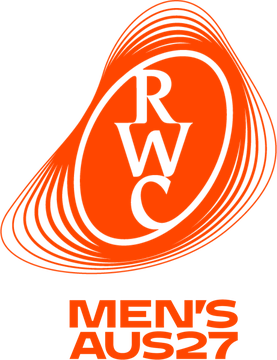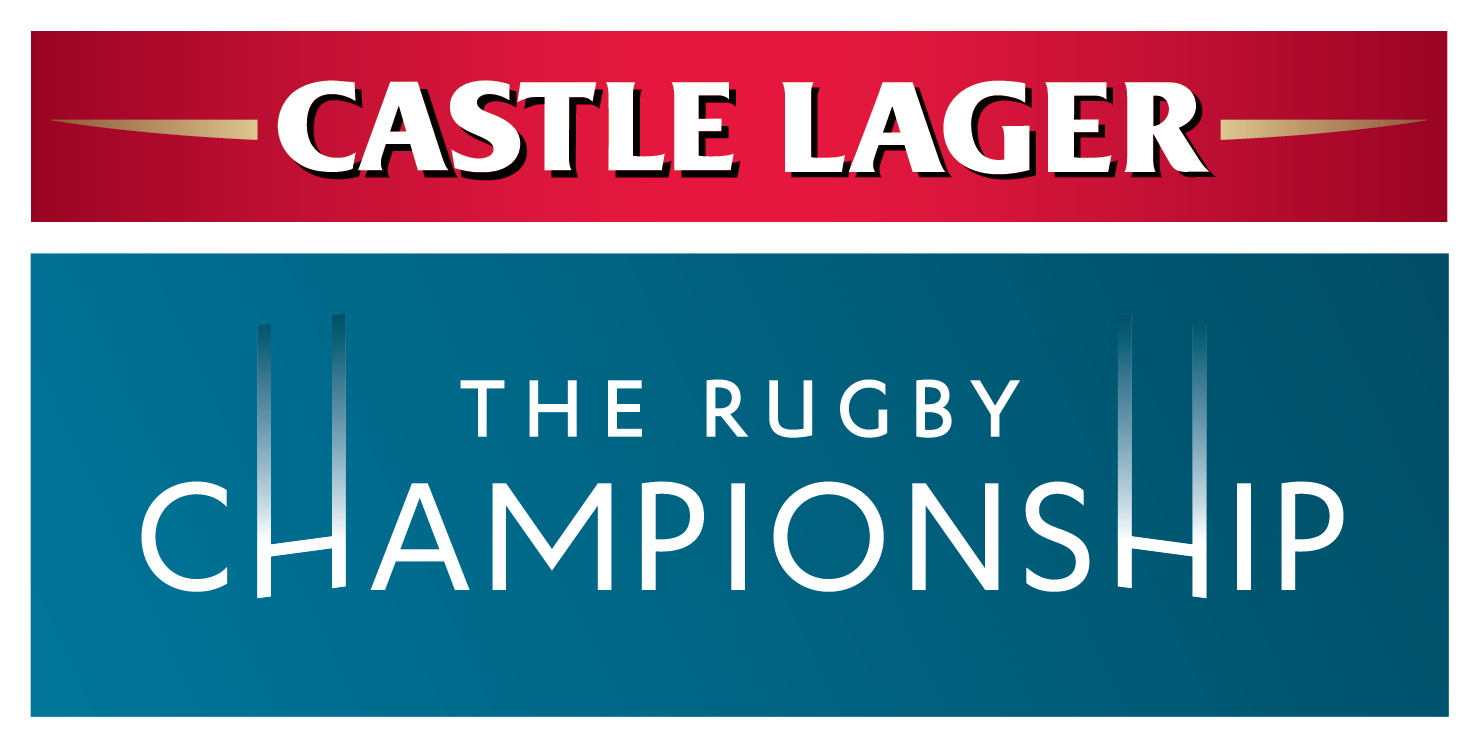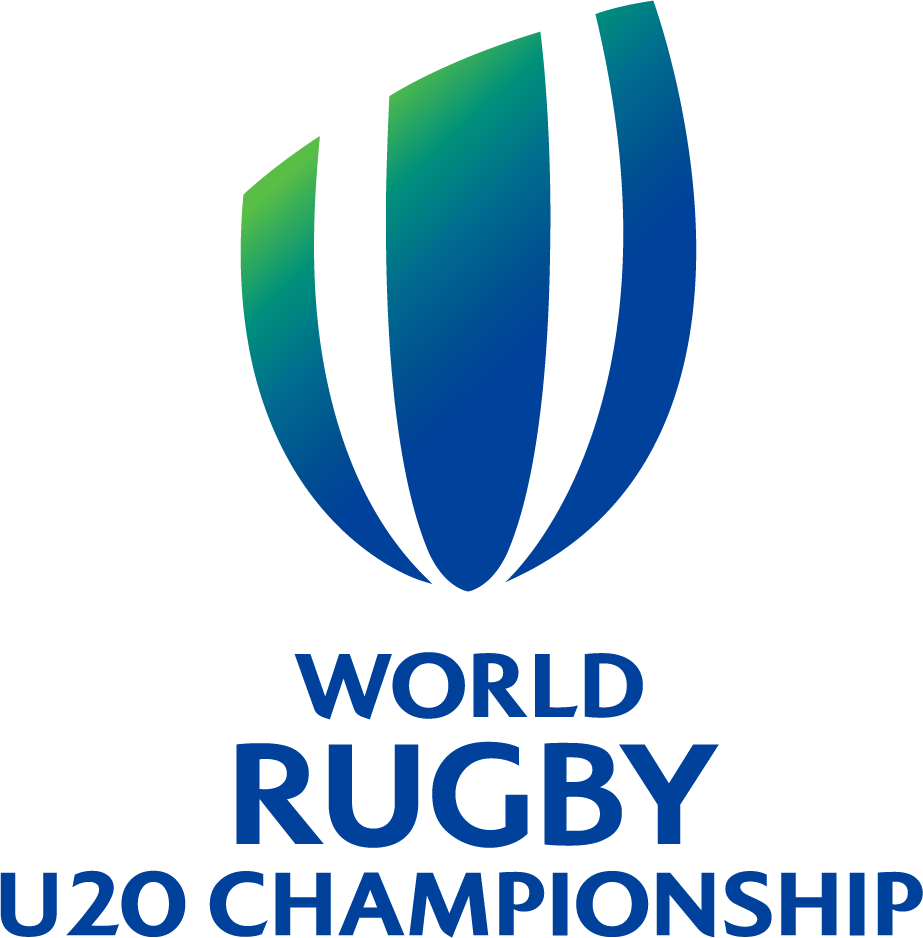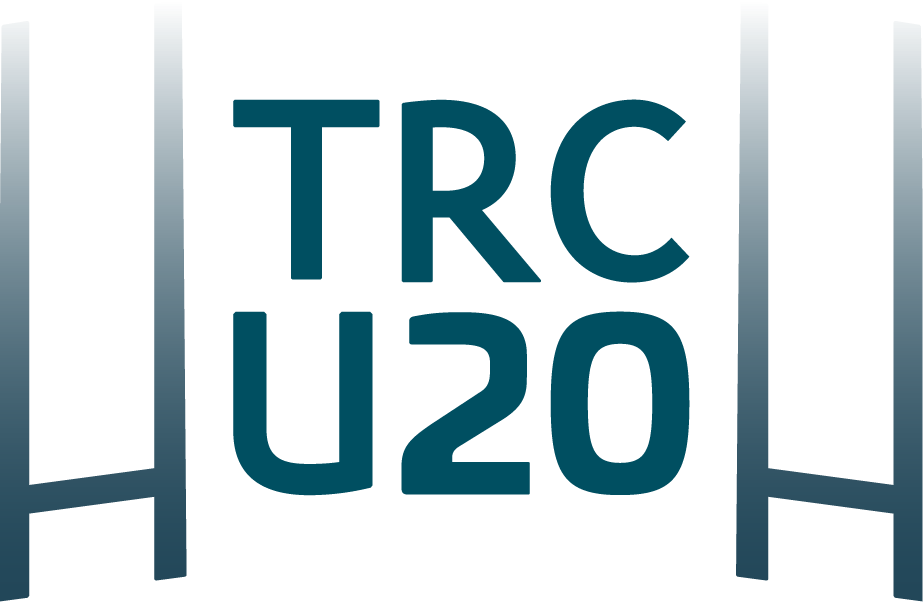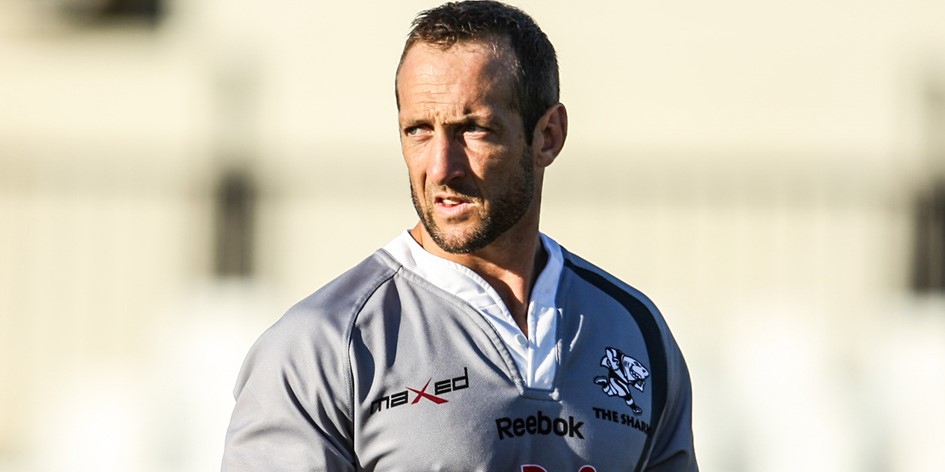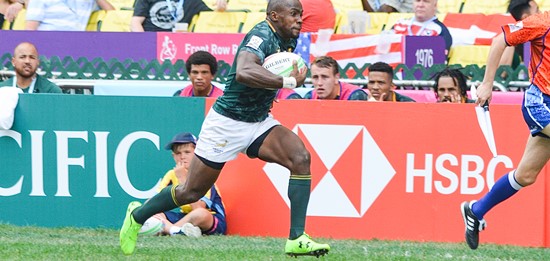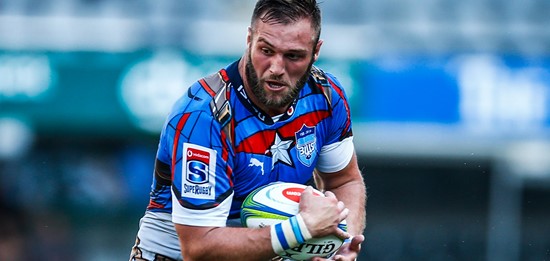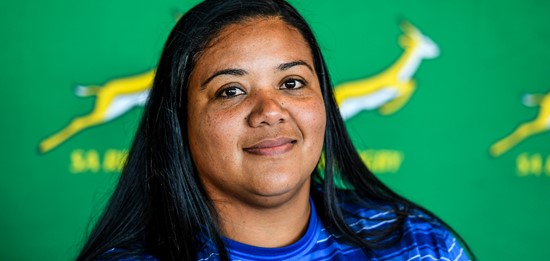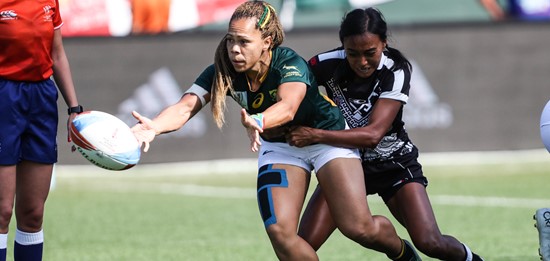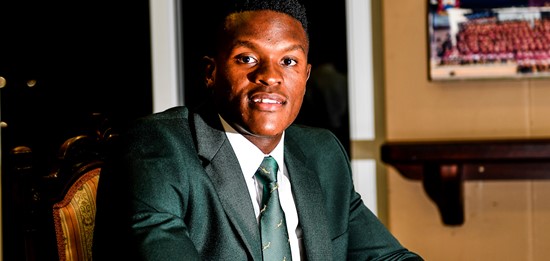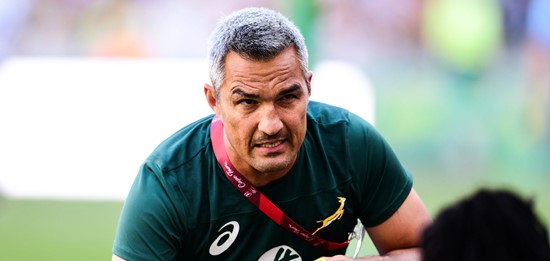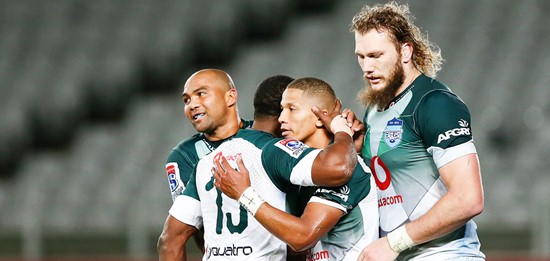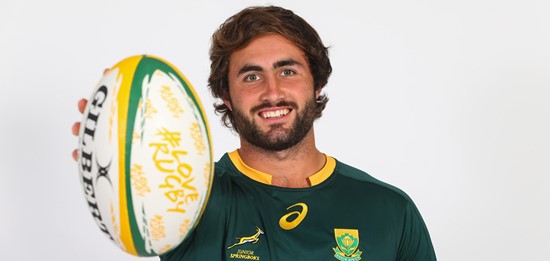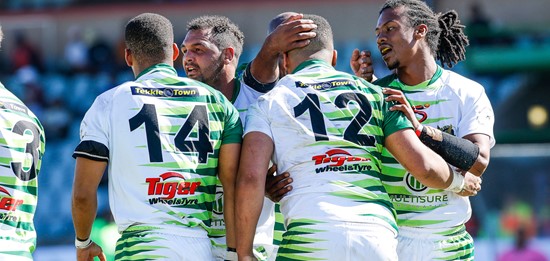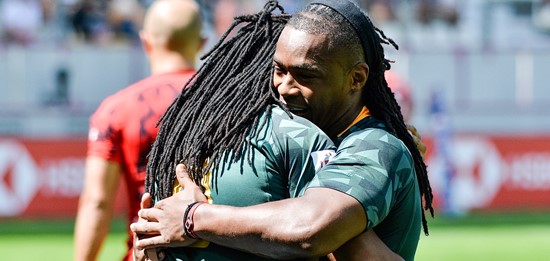- Revised sanctions table launched in 2017 and game-wide education of disciplinary personnel to drive consistency across multiple jurisdictions
- One-team ethos between citing, judicial and match official environments
- Regular calibration sessions with citing commissioners, judicial personnel and match officials to achieve alignment on game-trends, law application emphasis and consistency The panel of eight citing commissioners is brimming with international experience and includes five members with previous Rugby World Cup experience, while the judicial panel members selection features former Scotland coach Frank Hadden, South Africa star Stefan Terblanche, England’s Leon Lloyd and referee of 19 tests, Ireland’s Donal Courtney. Citing Commissioners: James Absaloms (Kenya)*, Freek Burger (South Africa)*, Shaun Gallagher (England), John Montgomery (Scotland), Scott Nowland (Australia)*, Michael O’Leary (New Zealand)*, David Pelton (USA) and Murray Whyte (Ireland)* Judicial chairs: Adam Casselden SC (Australia)*, Jean-Noël Couraud (France)*, Sir James Dingemans (England)*, Mike Hamlin (England), Nigel Hampton QC (New Zealand), Alan Hudson (Canada)*, Roger Morris (Wales)*, Shao-Ing Wang (Singapore) and Pamela Woodman (Scotland) * Denotes previous Rugby World Cup experience Judicial panel members: Donal Courtney (Ireland, former international referee), David Croft (Australia, played at Rugby World Cup 2003), Frank Hadden (Scotland, head coach at Rugby World Cup 2007), Olly Kohn (former Wales international), John Langford (former Australia international), Leon Lloyd (former England international), José Luis Rolandi (Argentina, former international referee), Stefan Terblanche (South Africa, played at Rugby World Cup 1999 and 2003) and Valeriu Toma (Romania, former international assistant referee) World Rugby Chairman Sir Bill Beaumont said: “Rugby World Cup is the pinnacle men’s 15s tournament and, as with the players and match officials, the disciplinary team has been selected on merit and with clear, consistent and accurate decision-making as the central consideration. “This is an extremely talented and experienced group, who will work closely with the match official team during the tournament to ensure alignment," said Mr Beaumont. "The selection of former international players, referees and coaches to the disciplinary process over the last few years has been significant in ensuring rugby empathy in cases and it is great to have people with considerable test experience, not just on the field, but as valued members of our disciplinary team."







